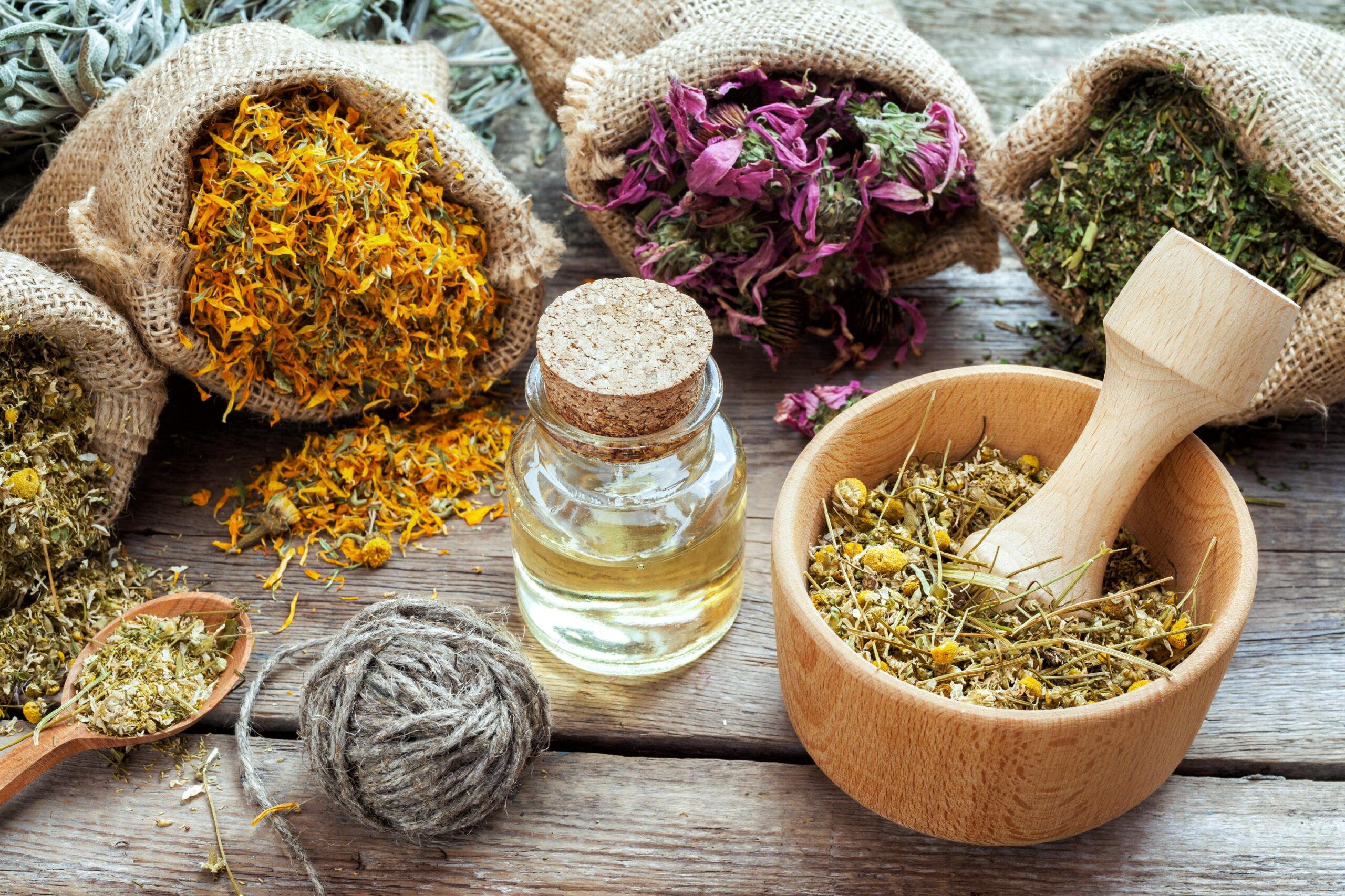This article was analyzed by Serge, MSc. With a background in Environmental Biology and Biogeochemistry, I apply rigorous data-verification and risk assessment to ensure every recommendation is scientifically grounded and safe for you and the environment.
In today’s world, the phrase “farm to table” has gained
popularity as a symbol of sustainable, health-conscious eating. Choosing local
and organic produce not only impacts our well-being, but also has a positive
impact on the environment. Here, we explore why this movement is booming, its
profound benefits, and how embracing local and organic produce can truly change
your life, one meal at a time.
The Importance of Farm to
Table Eating
Focusing on locally grown, organic foods strengthens
community bonds, builds trust, and reduces your carbon footprint. Let’s see why
choosing to buy farm-to-table foods is a nutritious decision for you and the
planet.
Main Benefits of Local
and Organic Produce
- Freshness and Flavor
Local produce is picked at its peak of ripeness, resulting in better
flavor and more nutrients. Fresh tomatoes will always outperform
store-bought tomatoes that have been shipped for weeks! - Supporting Local Farmers
Buying locally grown produce helps small farmers sustain their
practices, creating stronger local economies. - Environmentally Sustainable
Organic farming reduces the use of synthetic pesticides, supports soil
health, conserves water, and promotes biodiversity. This not only makes
farming safer, but it also benefits the surrounding ecosystems. - Nutritional Superiority
Organic produce tends to have higher antioxidants due to chemical-free
growing processes, making it a healthier choice for your body..
Key Terms: Organic vs.
Local Produce
●
Organic:
Grown without synthetic chemicals or GMOs, supporting a cleaner, eco-friendly
farming practice.
●
Local:
Refers to food grown within a certain geographic area, generally close to the
consumer.
|
Factor |
Local Produce |
Organic Produce |
| Definition | Grown nearby, typically within 100 miles | Grown without synthetic pesticides and GMOs |
| Primary Benefit | Supports local economy | Reduces exposure to chemicals |
| Environmental Impact | Lower carbon footprint | Promotes biodiversity |
| Price | Typically affordable | Can be more expensive |
Common Questions about
Farm to Table Foods
Is Organic Produce Really
Better for You?
Yes! Research suggests that organic produce may contain
higher levels of antioxidants and lower pesticide residues, contributing to
better overall health.
How Can I Find Local
Produce?
Farmers markets, community-supported agriculture
programs, and even some local grocery stores offer great options for locally
sourced produce. Look for labels like “locally produced” to make sure you’re
making the right choice.
Making the Shift: Tips
for Incorporating Local and Organic Produce
- Visit Farmers’ Markets
Farmers markets are a direct route to local organic produce. Talk to
vendors to learn more about their farming practices and seasonal options. - Look for CSA Programs
CSA programs provide weekly boxes of fresh, local produce and can be a
more cost-effective way to incorporate organic foods into your diet. - Embrace Seasonal Eating
Not only are seasonal produce fresher and more nutritious, it’s also
more affordable and sustainable. Eating strawberries in the summer and squash
in the fall is a great way to enjoy the natural cycle of food. - Grow your own vegetables
If you are a gardening enthusiast, why not start a small vegetable
garden? Not only is this a sustainable practice, it is also a very
satisfying way to enjoy fresh produce.
Why Farm to Table
Matters: A Summary
In short, the farm-to-table movement emphasizes the
importance of understanding where your food comes from and the impact of your
choices. By choosing local, organic produce, you’re investing in the health of
your community, your body, and the planet. It’s a decision that brings flavor,
nutrition, and sustainability to your table—and it really pays off!
Conclusion
Choosing farm-to-table foods isn’t just a trend, it’s a
movement toward a healthier, more sustainable future. Whether you’re shopping
at a farmers market or trying to grow your own produce, every step you take
contributes to a cleaner environment and your health.














